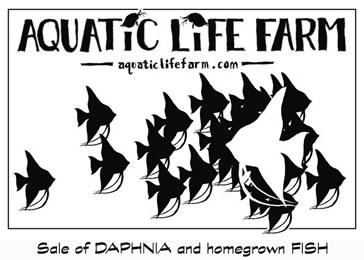Tony
Alligator Snapping Turtle/Past Pres
Hi all,
Tired of paying too much for sponge filters at the LFS in Rockville, so I'm about to order some sponge filters from Jehmco and need some sizing advice. Which of these sponges (H-0 to H-V) would you use for 5g, 10g and 20L?
I have two 10s and a 20L set up right now, using the H-I filters now, and am not quite sure they are sized right...
http://www.jehmco.com/html/hydro-sponge_filters.html
Thanks in advance,
Tony
Tired of paying too much for sponge filters at the LFS in Rockville, so I'm about to order some sponge filters from Jehmco and need some sizing advice. Which of these sponges (H-0 to H-V) would you use for 5g, 10g and 20L?
I have two 10s and a 20L set up right now, using the H-I filters now, and am not quite sure they are sized right...
http://www.jehmco.com/html/hydro-sponge_filters.html
Thanks in advance,
Tony


